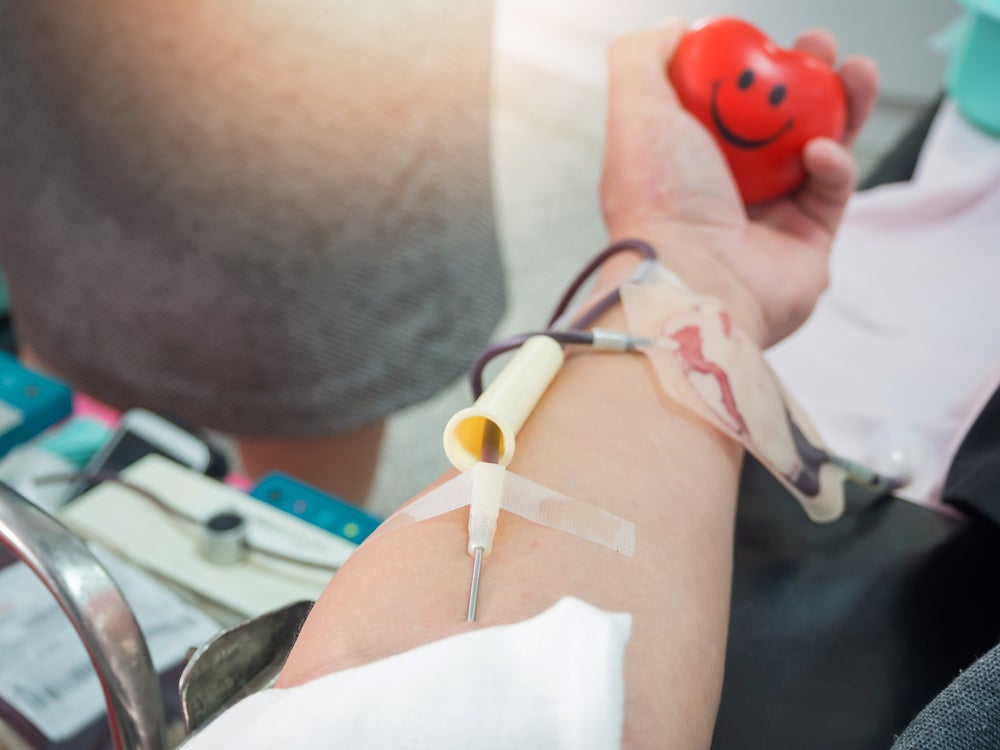Blood Transfusions and Hysterectomy: What You Need to Know
Once you’ve scheduled your hysterectomy, a lot of questions start going through your mind. You’re concerned about the surgery and recovery – after all, you want everything to go well. One of the concerns on your mind is about whether or not you’ll need a blood transfusion.
The good news is that the odds are in your favor. Most women do not need a blood transfusion when they have a hysterectomy. As a precaution, however, most surgeons have their patients’ blood typed and cross-matched just in case a transfusion is needed during or after surgery.
Blood Transfusion Basics
One of the reasons for a blood transfusion with a hysterectomy is anemia. Before the surgery, you might already be anemic from your gynecologic diagnosis. Extensive, heavy bleeding may lead to anemia, too.
If your hemoglobin is not healthy enough for your hysterectomy, your doctor may discuss whether or not a transfusion would be helpful before surgery. If you go into surgery anemic, your risk of needing a transfusion during surgery could be higher. It can be better to bring your levels up in a non-emergency situation.
If you lose too much blood during your hysterectomy, you could become anemic. If it’s extensive, your surgeon may choose to give you a blood transfusion during or immediately after surgery. If it is not a medical emergency, your surgeon may choose to wait and see what type of symptoms you have and if your body will restore your blood supply on its own.
Getting a Blood Transfusion
Even though the general risk is low, your blood will be typed before your hysterectomy just in case a blood transfusion is needed. Your surgery facility may also do a cross match to be sure blood will be available for you if needed. The information will be put on a band for you to wear on your wrist. If you are given the band to wear days in advance, be sure to keep it on and don’t lose it. The information on it is critical.
If you need a blood transfusion, don’t be scared. It should be painless. You might feel a small prick when the IV needle is inserted, but that’s it.
A blood transfusion can take anywhere from 1 to 4 hours depending on how much blood you need. During the procedure, you will be either lying down or in a recliner. The bag of blood will be connected to the IV line in your arm or hand and then hung above your head on the IV pole. You will need to be calm and still during the transfusion, but you can talk, read, or watch TV. You may even be able to eat and drink as long as it is brought to you.
Safety of Blood Transfusion
Risks for a blood transfusion in the United States are rare. Donated blood is carefully screened and tested for diseases, viruses, bacteria, and parasites. In rare cases, you may develop fever, allergic reaction, or hemolytic reaction following a blood transfusion.
To minimize risks, you can talk to your doctor in advance about donating your own blood before your hysterectomy. You may also be able to have a family member or friend donate directly for you. Each facility has different regulations for this type of donation, so be sure to ask about them in advance so you’ll have time for the blood to be processed.
Ask Questions
If you have questions and concerns about a possible blood transfusion, sit down and talk to your surgeon as soon as possible. Not only can she answer your questions and help ease your mind, she may also be willing to discuss alternatives if that is your wish.
This content was written by staff of HysterSisters.com by non-medical professionals based on discussions, resources and input from other patients for the purpose of patient-to-patient support. Reprinted with permission: Blood Transfusions and Hysterectomy: What You Need to Know







